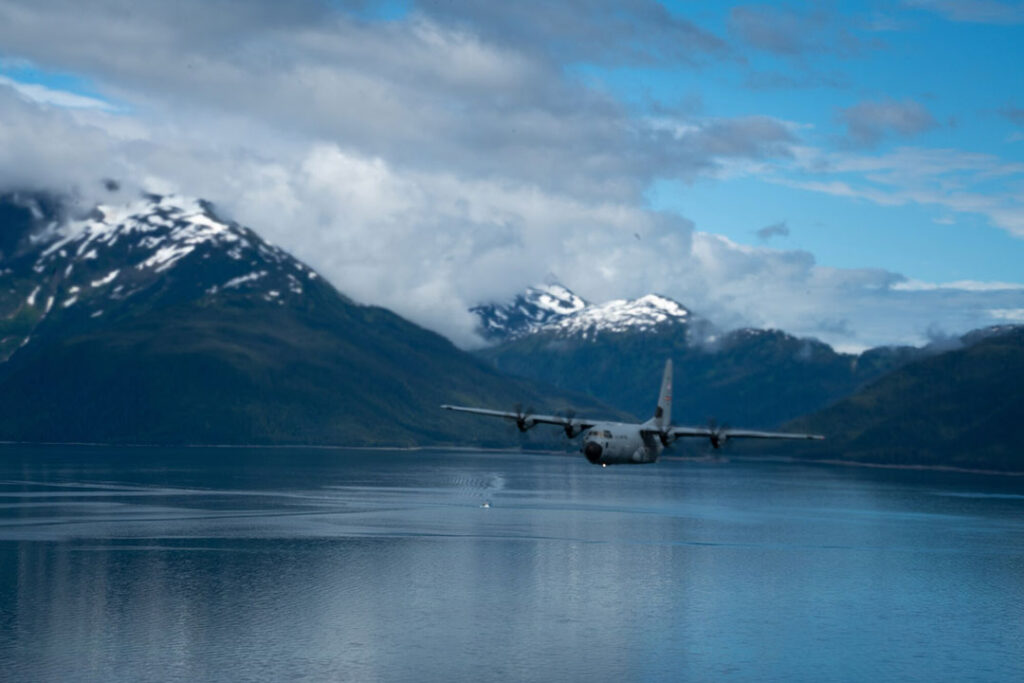THE WATCH staff
Even as great power competition brings more focus on Arctic security, analysts say there are ways to avoid potential conflicts involving the United States, its regional allies and Russia.
Moscow recently took over as chair of the Arctic Council, whose full members include Canada, Denmark (Greenland and Faroe Islands), Finland, Norway, Sweden, the United Kingdom and the United States. The chairmanship rotates every two years.
Discussions on the Arctic often focus on military threats to North America, but potential disputes range from natural resources to navigation routes. Then there is Moscow’s view of its role.
“Russia sees the Arctic as one of the regions where it would like to deter American global hegemony and strengthen its relative power position towards it,” according to a report published by The Arctic Institute on July 6, 2021.
Another factor is the effect of climate change, which has opened up the region’s territory and sea lanes. A 2018 NASA report estimated that the Arctic lost 21,000 square miles of sea ice per year in the past five decades.
During a recent online academic forum — “Geopolitics and Military Diplomacy in the Arctic” — one analyst said the longtime international “zone of exceptional cooperation” need not melt away like so much of the region’s polar ice.
“We talk about great power competition … really we should be talking about great competition relations,” said Dr. Andrea Charron, director of the Centre for Defence and Security Studies and associate professor in political studies at the University of Manitoba in Canada.
Charron suggested that it may be time for the U.S., Canada and its council allies to reevaluate their approach to the region and to Russia. (The forum is part of the Arctic Academic eTalk series, which is co-hosted in part by The Watch magazine, United States Northern Command and the North American and Arctic Defence and Security Network.)
Charron stressed the importance of communication with Moscow, such as when the U.S. and allies hold military exercises. “Maybe there are ways that we can find [common] ground where we can talk to Russia, especially about military activity in the Arctic.”
Charron also said that an alternative strategy for getting Russia to modify its behavior is to use inducements — such as expanding the Arctic Coast Guard Forum — rather than punishments.
“I think all of our allies and partners want to maintain the Arctic as a zone of cooperation. And so, anything we can do to encourage that does not mean we say [to Russia], ‘What you did in the past is excused.’ Absolutely not. … But we recognize that in the Arctic we need to find a way to coexist.”
Coast Guard Commandant Adm. Karl Schultz, in a June 28, 2021, online discussion hosted by the Brookings Institution, said that coexistence will be backed by strength and resolve. (Pictured: Members of the U.S. Air Force’s 815th Airlift Squadron take part in exercise Arctic SWAT at Joint Base Elmendorf-Richardson, Alaska, on July 14, 2021.)
“While Russia has ‘legitimate access and rights’ to the area,” he said, “the U.S. also has an obligation to preserve ‘rules-based international order, if Russia or another country with Arctic interests, like China, fail to be ‘responsible actors’ there.

